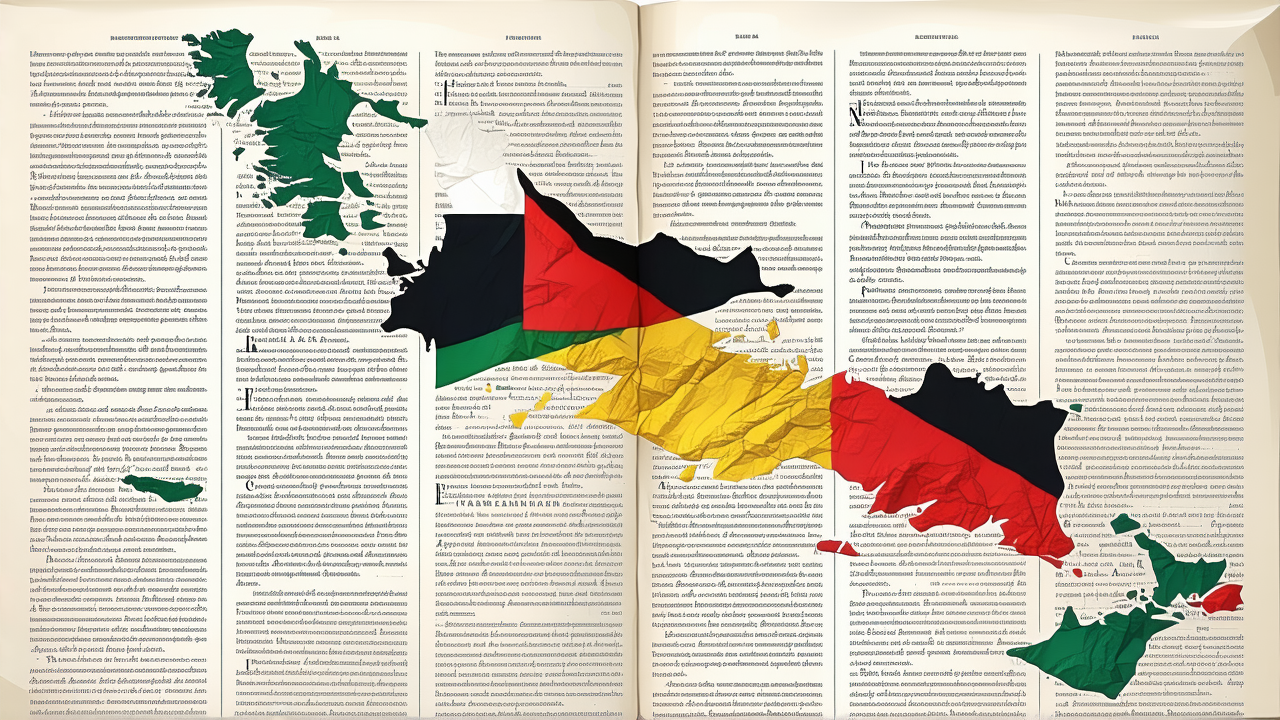New Zealand Cabinet Paper on Palestinian State Recognition Drafted by Foreign Affairs Minister's Office
Controversy Surrounds New Zealand's Cabinet Paper on Palestinian State Recognition
A recent Cabinet paper recommending that New Zealand not recognize a Palestinian state has sparked significant debate over the influence of political advisers in the policy-making process. Unlike standard practice, where Cabinet papers are typically drafted by public servants within the relevant ministry, this document was prepared by the Office of the Minister of Foreign Affairs. This departure from the norm has raised eyebrows among observers and policymakers alike.
The Ministry of Foreign Affairs and Trade (MFAT) did provide input into the paper, though the specifics of their contribution have not been made public. The drafting process involved both MFAT staff temporarily assigned to the Minister's office and ministerial advisers—individuals appointed directly by the minister and working under event-based contracts. These advisers are not bound by the impartiality rules that apply to public servants, and they are expected to provide politically motivated, partisan advice.
The involvement of such advisers has led to questions about the balance between political and public service advice in shaping policy. This situation highlights a broader concern about the lack of transparency in New Zealand's political system when it comes to the role and influence of ministerial advisers.
New Zealand is one of the few Westminster democracies that does not impose mandatory transparency requirements on political staff. In contrast, countries such as the United Kingdom, Canada, and Australia require the public disclosure of the number, roles, salaries, and interests of ministerial advisers. The absence of such requirements in New Zealand leaves the influence and accountability of these advisers unclear, raising concerns about how decisions are made behind closed doors.
While the Cabinet paper was proactively released to the public, the lack of transparency regarding its drafting and the integration of political advice into the final document has fueled concerns about accountability and governance. Critics argue that this lack of openness undermines public trust and makes it difficult to assess the extent to which political interests may have shaped the recommendations put forward.
As New Zealand continues to navigate its foreign policy positions, the debate over the role of political advisers in the decision-making process is likely to remain a contentious issue. The need for greater transparency and accountability in how policy is formulated is becoming increasingly urgent, particularly in matters of international significance such as the recognition of states.
